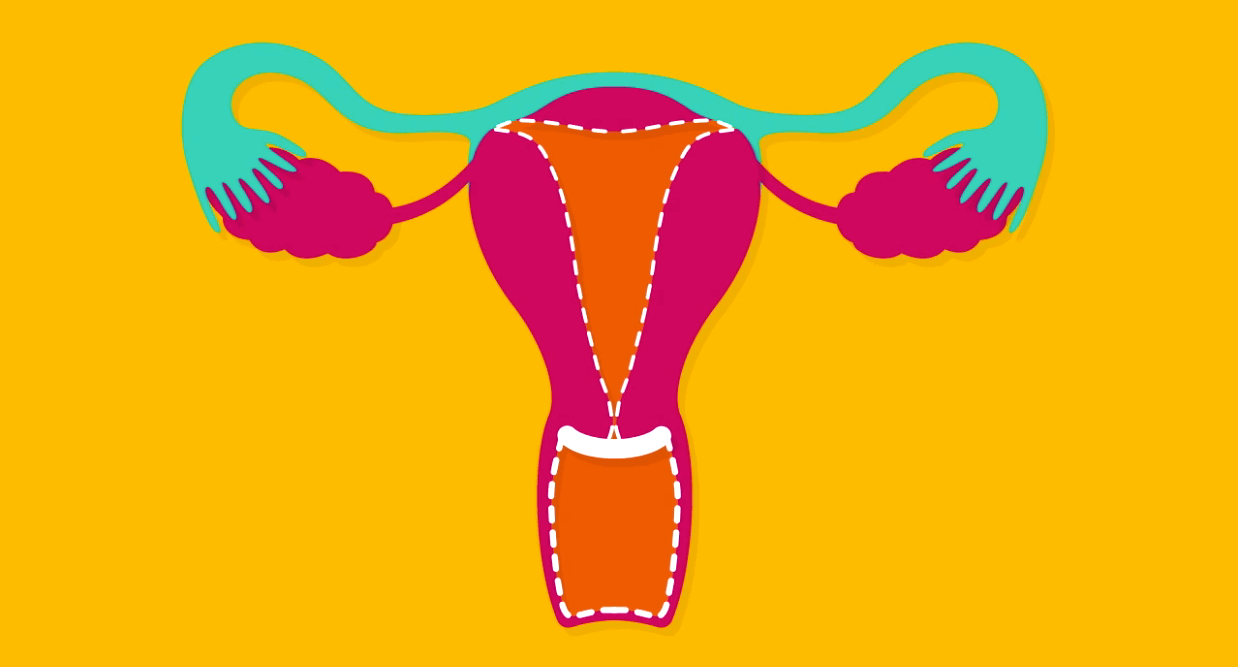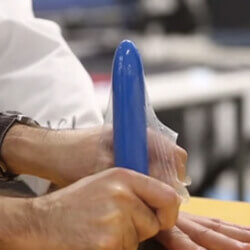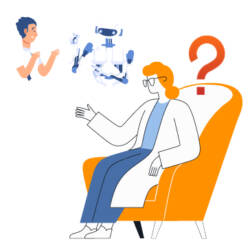New Vaginal HIV-prevention Ring Doesn’t Affect Pleasure: Study
Findings from women in Sub-Saharan Africa show progress in the world of safe sex.

Recent studies on vaginal rings for HIV prevention, worn by women during intercourse, are showing promising results.
Women in Malawi, South Africa, Uganda, and Zimbabwe took part in the research and by continuously wearing the flexible HIV prevention ring for up to one month at a time, including during sex. They reported that it didn’t affect the physical aspects of sex or hinder pleasure during the act.
The National Institutes of Health in the United States released the findings last month. They come from two studies: one named ASPIRE, conducted by Microbicides Trials Network, and the other is called The Ring Study, performed by the International Partnership for Microbicides.
How does it work?
The ring, which continuously releases the anti-HIV drug dapivirine, was tested among 2,629 healthy HIV-negative women, aged 18 to 45 years, over the course of several months. Dapivirine prevents HIV cells from duplicating themselves in human cells.
The ring is inserted into the vagina, and worn against the cervix, targeting the area where the risk of contraction is highest. The women were asked to wear the ring while continuing safe sex practices, including asking their partners to wear condoms.
Why do women need another option?
The ring was developed as a response to studies that show that women across the world face different biological, economical, and social factors, which may affect or limit the number of contraceptive or safe sex practices they can use. Providing a range of options to women is a way to ensure all women can access a safe sex method relevant to them.
Trial feedback
The ASPIRE study interviewed 214 women who participated in the trial. Most of the women reported the ring did not negatively affect the physical aspect of sex, though some women reported being distracted by the thought of how their partners might react if they found out about the ring. Some women reported limiting sexual activities that they thought might lead to the discovery of the ring. Others reported they experienced greater sexual satisfaction knowing that the ring could protect them from contracting HIV.
“Sub-Saharan African women have a broad range of sexual experiences and relationship dynamics, and we are learning more about how these diverse behaviors and circumstances influence the use of the ring,” Dr. Palanee-Phillips, co-chair on the ASPIRE study, said. “While we have found that most women do disclose ring use to their primary partners, it is reassuring that adherence is not affected for the significant minority of women who choose to use it more discreetly.”
Results
The HIV-dapivirine ring results indicate that it protected, on average, one in three women from contracting HIV during the active part of the trial. Women aged 21 years or older seemed to be protected at a higher rate than young women. This may be because older women wore the ring more consistently, which is critical for the ring’s effectiveness.
More research is needed to meet the needs of young women. Although the dapivirine ring does not provide 100% protection, it is completely safe to use with no serious side effects reported. It should be used in combination with other HIV-prevention methods such as condoms.
Women who participated in the ASPIRE study, and The Ring Study, are invited to participate in the follow-up studies called HOPE and DREAM. Unlike trials with ASPIRE and The Ring Study, no women will receive a placebo ring, but will instead be provided with an active functional dapivirine ring. This study will also measure more qualitative data to discover what makes women more or less likely to consistently adhere the ring.
Image source: IPM Global
Leave a reply
You must be logged in to post a comment.

















